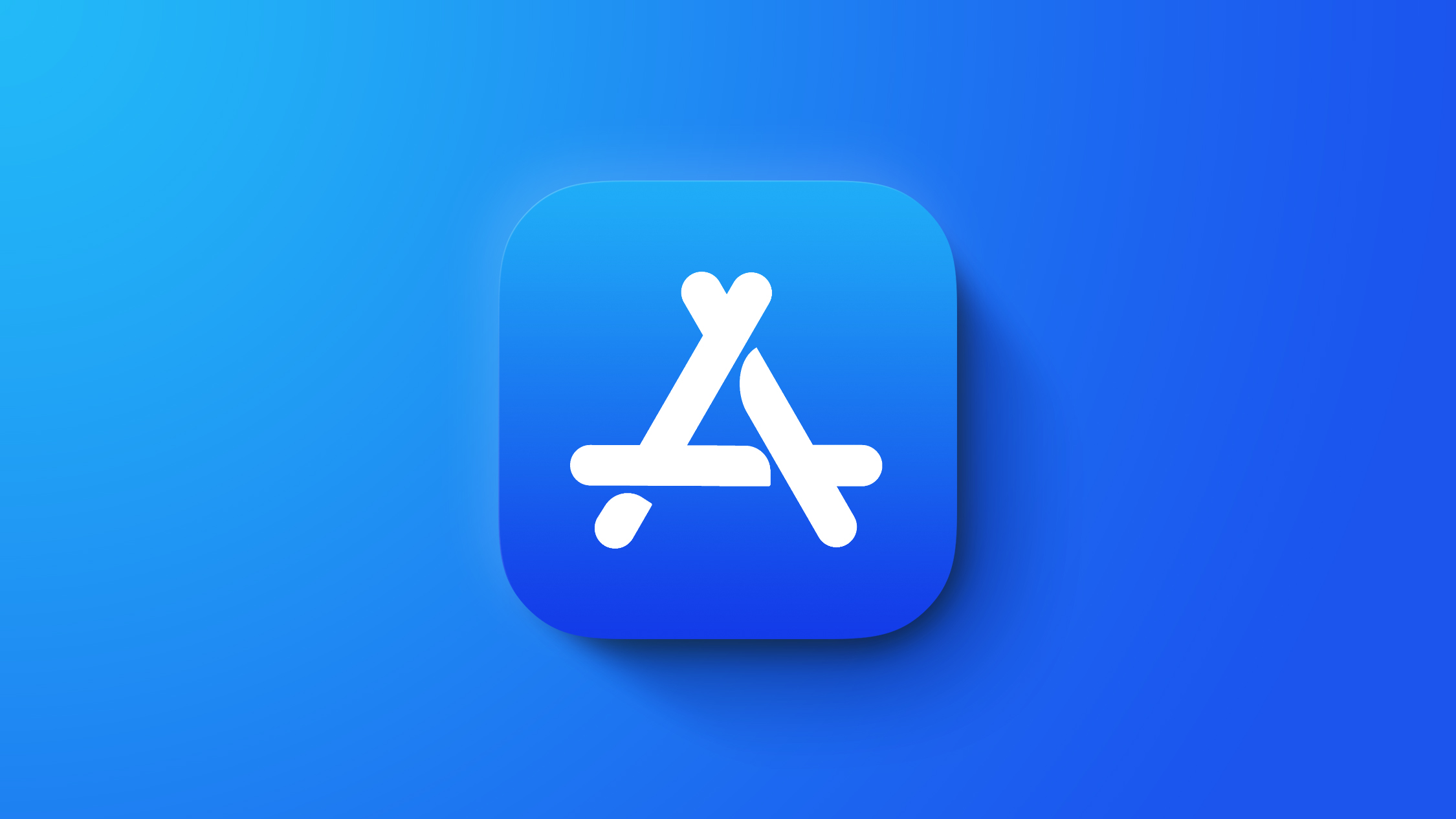
As it faces increasing legal pressure in the United States, Apple today shared the results of a commissioned study that delves into the success of the App Store ecosystem and the money that it's earned developers large and small through digital and physical purchases.

Prepared by Professor Andrey Fradkin from Boston University Questrom School of Business and economist Dr. Jessica Burley from Analysis Group, the study suggests that the U.S. App Store facilitated $406 billion in developer billings and sales in 2024, and for 90 percent of those sales, developers paid no commission to Apple.
That figure incorporates both digital and physical sales, and for the latter category, Apple has never collected a commission. $277 billion of the total includes sales of physical goods and services, while $53 billion is from digital goods and services (some of which are subject to Apple's fees), and $75 billion is attributed to in-app advertising. Apple counts sales of physical goods, digital goods, services, and advertising made through its App Store apps.
The size of the App Store ecosystem has tripled since 2019, when it was responsible for $142 billion in billings and sales, and the study indicates that earnings for U.S.-based developers have more than doubled in the same amount of time. For small developers in particular (those earning less than $1 million annually), earnings have increased 76 percent between 2021 and 2024. Nine of the top 10 apps in the U.S App Store were made by U.S. developers, and there were 12.4 billion app downloads worldwide in 2024, a 36 percent increase compared to 2019."For more than 15 years, the App Store has created incredible opportunity for app developers, entrepreneurs, and businesses of all sizes," said Tim Cook, Apple's CEO. "That includes the many U.S. developers who are innovating, building their businesses, and finding exceptional success on the App Store. We'll continue to invest in powerful tools, technology, and resources to help developers in the U.S. and around the world take their apps to new heights and create transformative experiences for users."
Spending on physical goods more than tripled between 2021 and 2024, and spending on digital goods and services and in-app advertising more than doubled. General retail spending and grocery delivery drove much of the increase in spending on physical goods, and in the digital category, games saw the highest earnings.
The study touts several App Store benefits for developers:
- App distribution and the ability to list apps on storefronts in 175 countries and regions.
- Xcode and Swift for creating apps.
- TestFlight for testing apps.
- Seamless payment and commerce system for app monetization.
- App review process that prevents fraudulent transactions.
- App Store Connect for tracking app performance and engagement.
- Over 250,000 APIs and frameworks including HealthKit and Metal.
- Online and in-person programs for app development.
- Integrated hardware and software technology.
- App discovery and engagement.
- Lower malware and fraud due to App Store review process.
- Privacy control with features like App Tracking Transparency and Privacy Nutrition Labels.
- Purchase management and protection for apps and subscriptions.
- Tools for families and kids, such as Family Sharing and Ask to Buy.
- Screen Time for managing app and online activity.
Apple has appealed the decision, but while the appeals process plays out, the App Store rule change is in effect in the United States. Apple uses commissioned studies like this to share its position in the court of public opinion and with the court that will have the final legal say on how the App Store will run.
The full study is available through Apple's Newsroom article.
Article Link: U.S. App Store Ecosystem Facilitated $406 Billion in Sales in 2024, Up From $142 Billion in 2019
Last edited:

